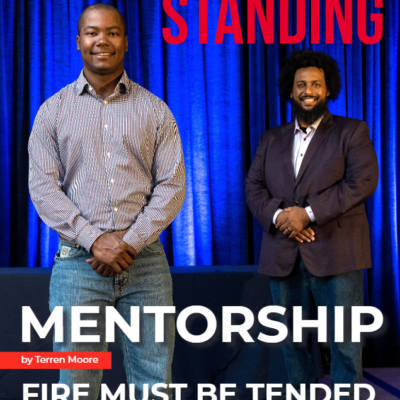I actually can’t take credit for this blog idea…my friend and mentor John Fear (Fear John as I call him) had emailed me with it and i instantly got aggravated for not coming up with idea myself.
So some of you are probably wondering what I mean by “Catfish Agent”. For those of you who find no pleasure in reality shows, the title of this blog will make absolutely no sense.
Courtesy of Wikipedia, a “catfish” is a person who creates fake profiles online and pretends to be someone they are not by using someone else’s pictures and information. And while the definition may throw you as to what I’m getting at, here is how this analogy correlates to some conduct themselves in our industry.
The “Set and Forget” Approach
There are two types of agents: The agents who are very hands-on with their clients, know them by first name and strive to build a personal and long-lasting partnership. Then there are the “Catfish Agents” who take a more set and forget type of relationship with their client. These agents strive for writing policies with little servicing, to then move on to the next client. Their goal is not to build relationships, it’s the idea of writing the most amount of business with the smallest amount of effort possible…from the beginning of the sale throughout the term of the policy.
If we look at agents and/or their agencies and how they market themselves on the internet, we can see how many of our industry leaders treat their marketing agenda as a “catfish” like marketing plan. When it comes to marketing, building community and gaining rapport with your audience, most of us look to seeing the personal side of people; being able to truly understand the identity, brand and philosophy of the person and agency. However, some are so afraid to break that barrier, that their marketing efforts fall short, pretending to be something they are not.
People Want Reality, Not A Catfish
When you’re done reading this blog, think about two things: place yourself in your customers shoes….do you know your agent? do you feel like more than just a number or policy?
then ask yourself this: if I were someone looking for insurance and I came upon your social media pages or website, would I understand the philosophy of the agency? What you stood for? or did you come across as just another agency.






Damn…
I can’t believe you beat me to this topic…
Great article Kate,
Hanley